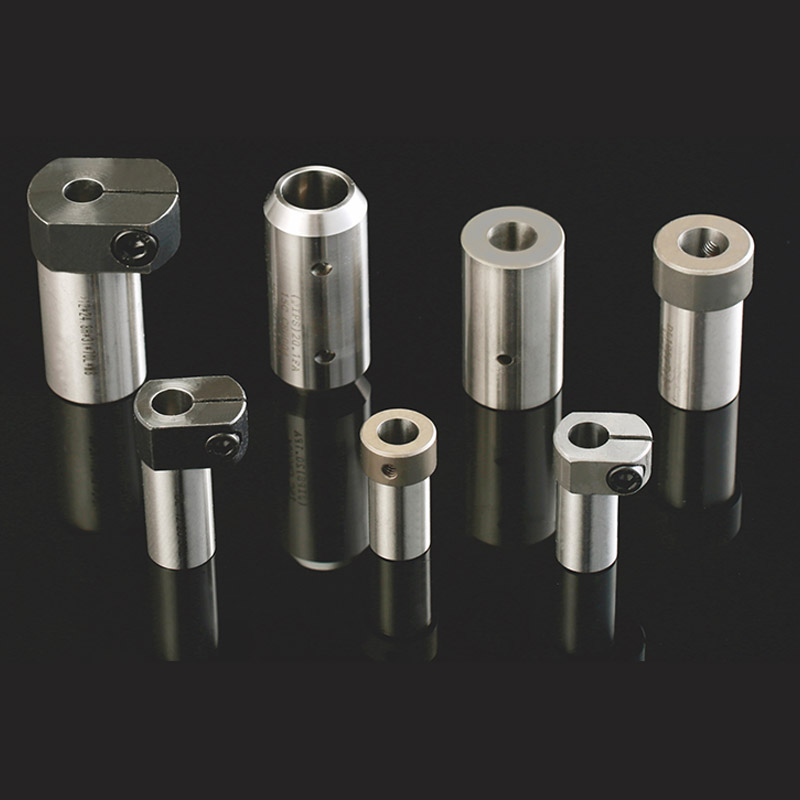Punch Cases are essential components in stamping molds, widely used in metalworking, automotive manufacturing, electronics, and other industries. The durability of Punch Cases directly affects production efficiency and manufacturing costs. To maximize the service life of Punch Cases, the following measures can be taken.

1. Choose High-Quality Materials
The durability of punch cases is closely related to the quality of materials used. Typically, high-quality alloy tool steels (such as SKD11, D2, ASP23) or high-strength hard alloys (such as Tungsten Carbide) offer better wear resistance and impact resistance. Selecting the right material according to the processing requirements is crucial for increasing longevity.
2. Apply Appropriate Heat Treatment Processes
Heat treatment processes can significantly improve the hardness and wear resistance of punch cases. Common heat treatment methods include:
Quenching + Tempering: Increases hardness and toughness, enhancing impact resistance.
Nitriding: Improves surface hardness and wear resistance while reducing friction.
Cryogenic Treatment: Reduces residual stresses, preventing deformation or cracking during use.
3. Maintain Proper Stamping Parameters
During use, punch cases should avoid overload or excessive strain. Controlling stamping speed, impact force, and material thickness can reduce wear and tear on the mold. Additionally, optimizing the stamping process by reducing the deformation in each cycle can also extend mold life.
4. Use High-Quality Lubricants
Appropriate use of high-quality lubricants (such as stamping oils or mold-specific lubricants) during stamping operations can reduce friction and wear, lower heat buildup, and prevent material adhesion, ultimately increasing the life of punch cases.
5. Regular Maintenance and Cleaning
Good maintenance habits are crucial for prolonging punch case life, including:
Regular Inspections: Check punch cases for wear, cracks, or deformation, and repair them promptly.
Cleaning and Maintenance: Regularly remove metal debris and oil stains accumulated during stamping to maintain mold precision.
Anti-Rust Coating: Use anti-rust oils or coatings for long-term storage to prevent rusting.
6. Precision Manufacturing and Assembly
The accuracy of punch case manufacturing and assembly directly impacts its durability. Ensure that tolerance ranges meet standards during manufacturing and assembly to prevent localized stress concentration, which can accelerate mold damage. Additionally, using high-quality stamping machines and stable fixture systems can reduce vibration and misalignment, further reducing wear on punch cases.
7. Use Advanced Coating Technologies
Surface coating technologies such as PVD (Physical Vapor Deposition), CVD (Chemical Vapor Deposition), or DLC (Diamond-Like Carbon coatings) can enhance the wear resistance and corrosion resistance of punch cases. Coatings like TiN (Titanium Nitride) and TiAlN (Titanium Aluminum Nitride) effectively reduce friction and increase durability.
8. Proper Use and Operation
Operator habits significantly affect the life of punch cases. Recommendations include:
Avoid Overloading: Operate within the mold design parameters and avoid processing materials thicker than the specified range.
Prevent Shock Loading: Use gradual stamping processes to reduce impact stress.
Train Operators: Ensure operators are familiar with the correct stamping techniques to minimize damage from improper operations.
By selecting the right materials, applying appropriate heat treatments, optimizing stamping parameters, performing regular maintenance, using coatings, and ensuring proper operation, the life of punch cases can be effectively extended. These measures not only improve production efficiency but also reduce replacement costs, creating greater economic benefits for businesses.








